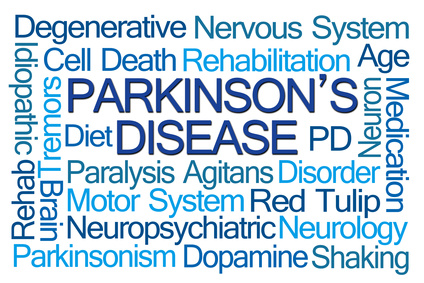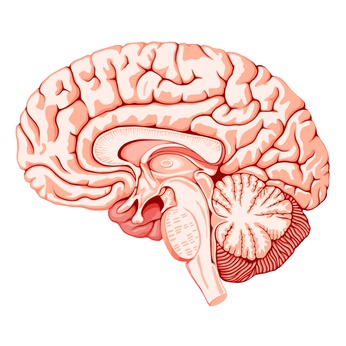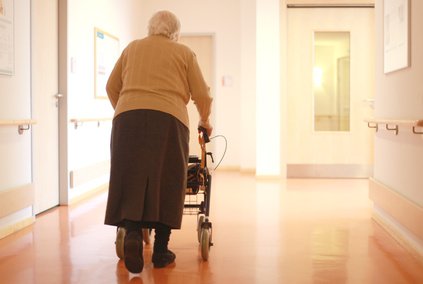 Having had a look recently at quite a few physiotherapy case studies, I thought it was now time for a change and a return to looking at some of the pathologies that we as physiotherapists encounter. This time we will look at a common neurological problem that affects a significant number of people causing them to have great difficulty with moving.
Having had a look recently at quite a few physiotherapy case studies, I thought it was now time for a change and a return to looking at some of the pathologies that we as physiotherapists encounter. This time we will look at a common neurological problem that affects a significant number of people causing them to have great difficulty with moving.
The most famous (and greatest) boxer in history Muhammed Ali has suffered with it and Michael J. Fox the actor is also a well known sufferer. I am of course talking about Parkinson's Disease.
 Parkinson's Disease is a degenerative (meaning it usually worsens) central nervous system disorder that affects primarily the motor system. It was originally described by an English doctor called James Parkinson who gave the disease its name. It is caused by cells in the brain that produce a key neurotransmitter called dopamine dying.
Parkinson's Disease is a degenerative (meaning it usually worsens) central nervous system disorder that affects primarily the motor system. It was originally described by an English doctor called James Parkinson who gave the disease its name. It is caused by cells in the brain that produce a key neurotransmitter called dopamine dying.
For reasons that are still being researched cells in the substantia nigra start to die and stop producing dopamine which is a key neurotransmitter especially in terms of the motor system and movement. This reduction in dopamine producing cells causes the stiffness, difficulty initiating movement, shaking and particular gait of patients with Parkinson's Disease. In the earlier stages of the disease drugs such as L-dopa are commonly used to replace the dopamine that is no longer naturally being produced by the brain, however as time passes these will commonly become less effective and more invasive methods such as deep brain stimulation may be tried. Predominantly Parkinson's disease occurs in adults over the age of 50 and although it mostly affects movement in the later stages it can affect mood, behaviour and cognition.
 Physiotherapy is a key component of any good management strategy for helping a patient with Parkinson's due to the majority of the symptoms from Parkinson's being movement related. Exercise and strengthening exercises can help with maintaining muscle strength and improving gait during walking.
Physiotherapy is a key component of any good management strategy for helping a patient with Parkinson's due to the majority of the symptoms from Parkinson's being movement related. Exercise and strengthening exercises can help with maintaining muscle strength and improving gait during walking.
Physiotherapy and an experienced physiotherapist can make a large difference to a patients balance, strength and fitness. Some patients may experience difficulty with initiating movement and in this case the physiotherapist can help with providing cues for the patient that will enable them to start a movement more easily. An increased risk of falls is common with Parkinson's Disease and physiotherapy can assist with reducing this risk by improving balance and stability with exercises specifically designed for the patient.
I hope that you have enjoyed reading this blog post. For anyone reading this blog who hasn't come across our site before: we are a home visit physiotherapy service, based in Lichfield but serving anywhere within a 25 minute drive including areas such as Sutton Coldfield, Tamworth, Cannock, Burton and Rugeley. We offer a wide range of services including paediatric physiotherapy, post-operative rehabilitation, neurological physiotherapy and neck and back pain relief. If you need further information or would like to book an appointment we can be contacted on 0788 428 1623 or via enquiries@threespiresphysiotherapy.co.uk
REQUEST A CALLBACK
Just fill in the form below and give us a quick idea of your problem/request so that we can be better prepared to help you.
